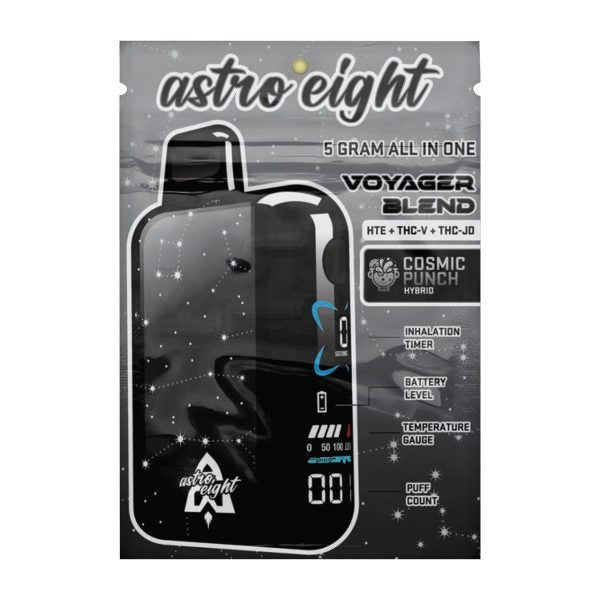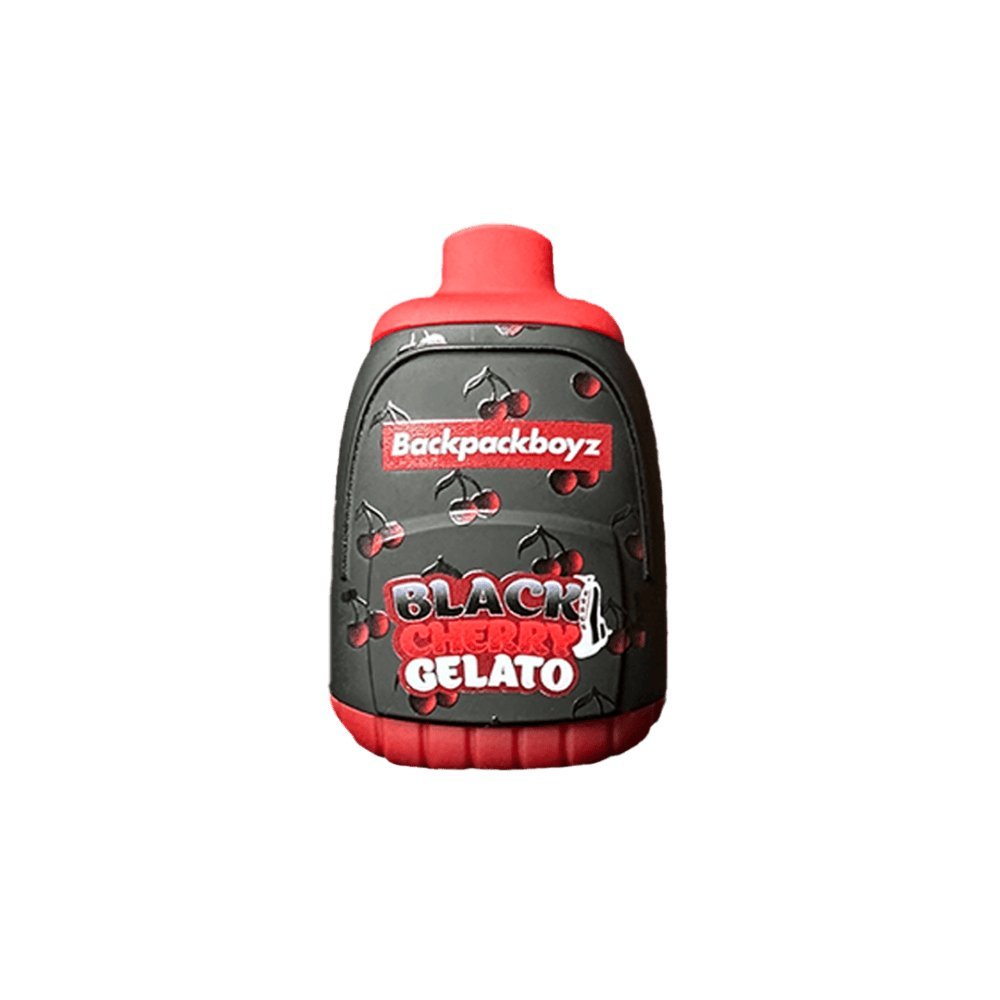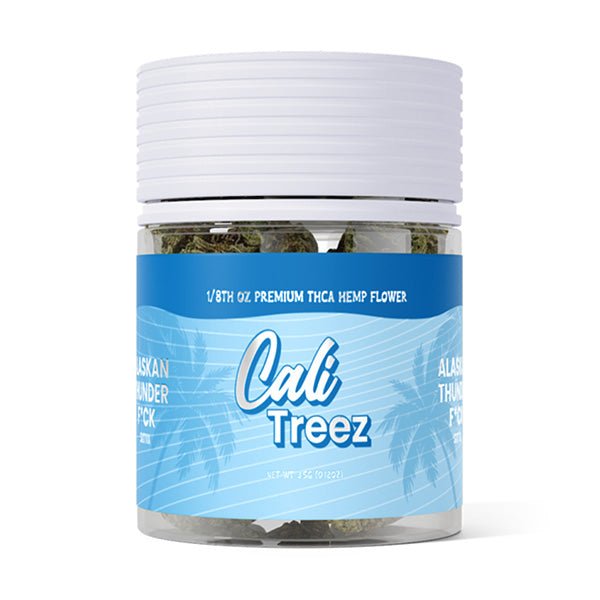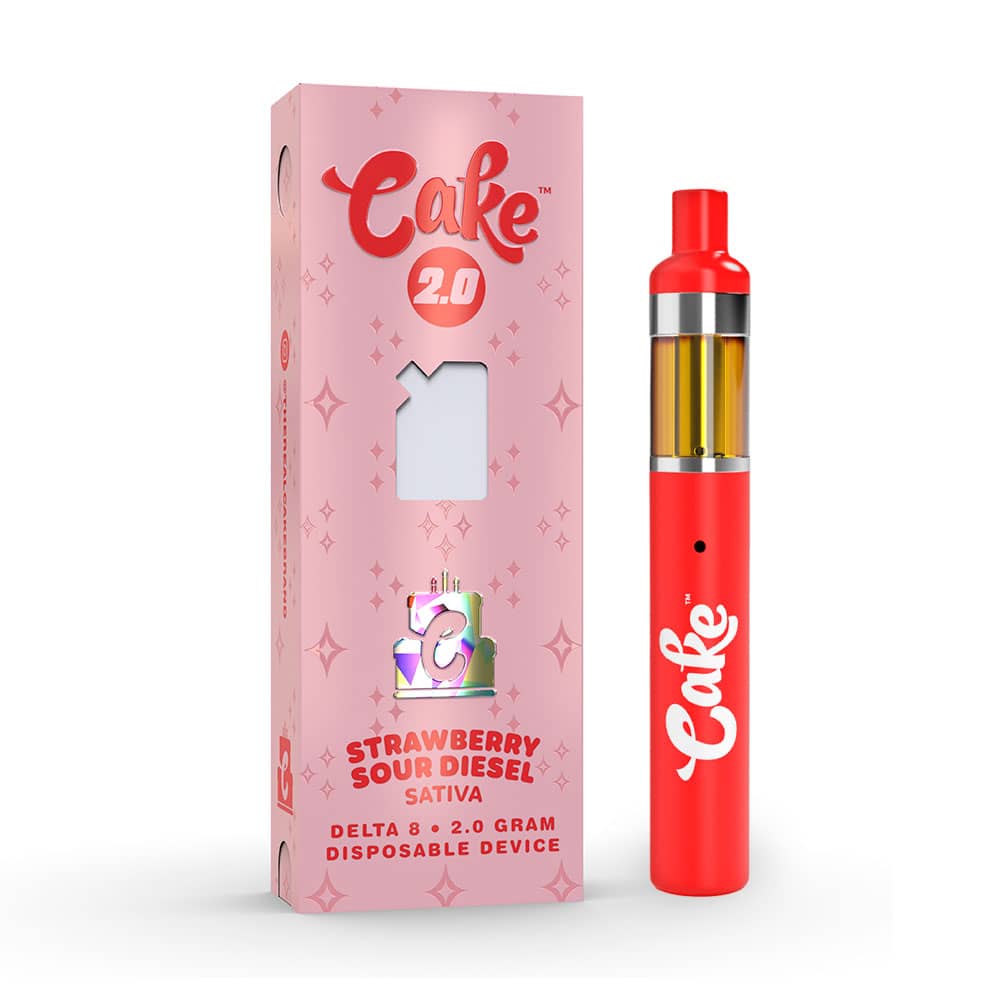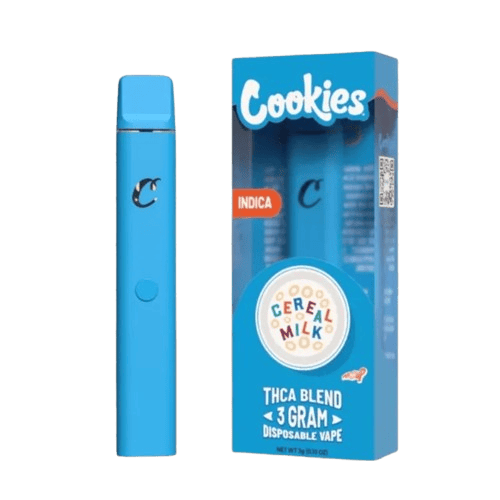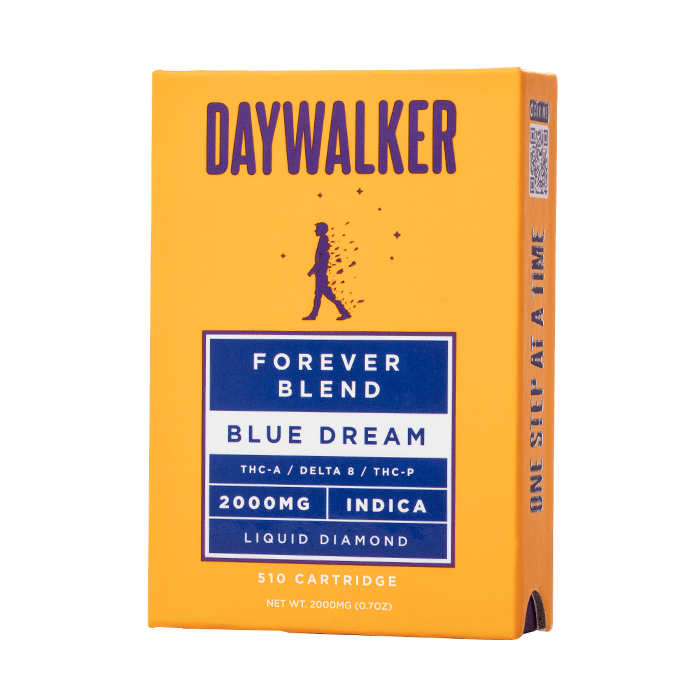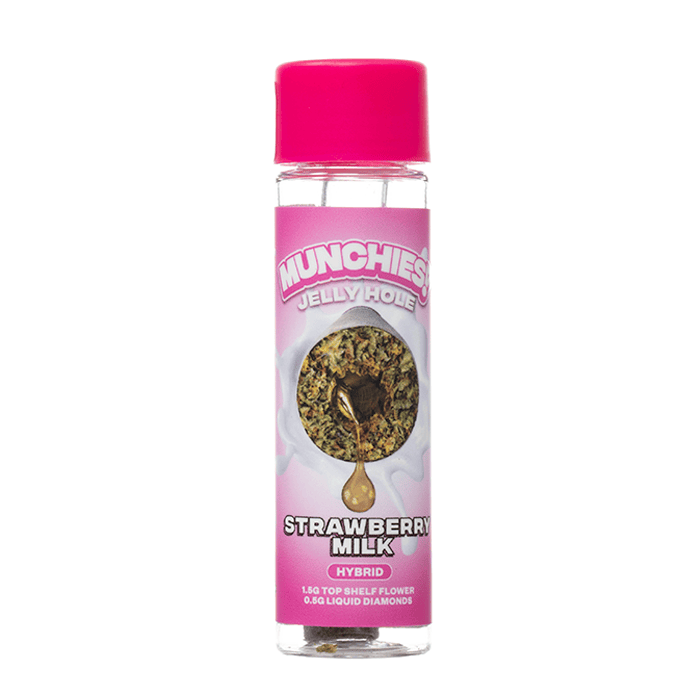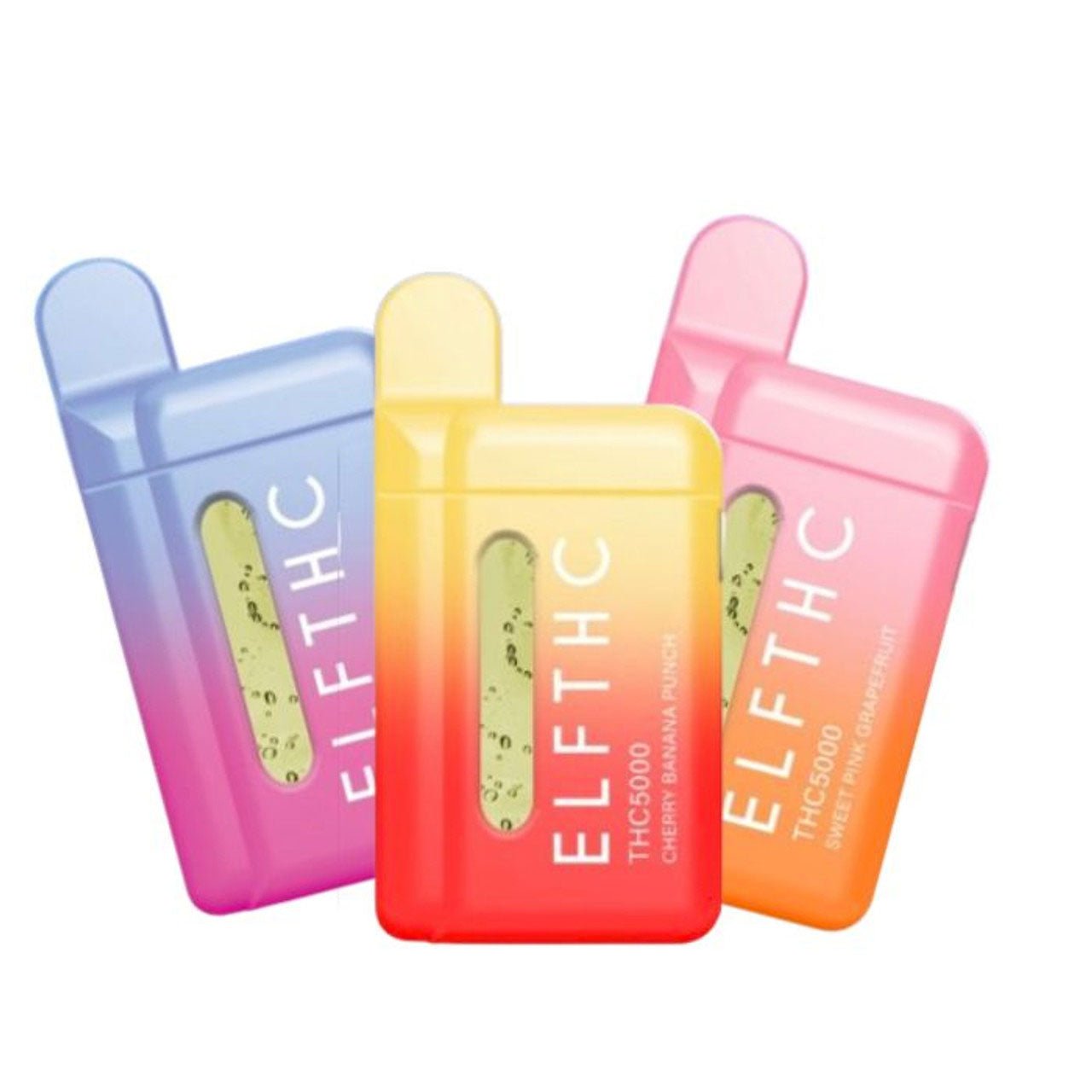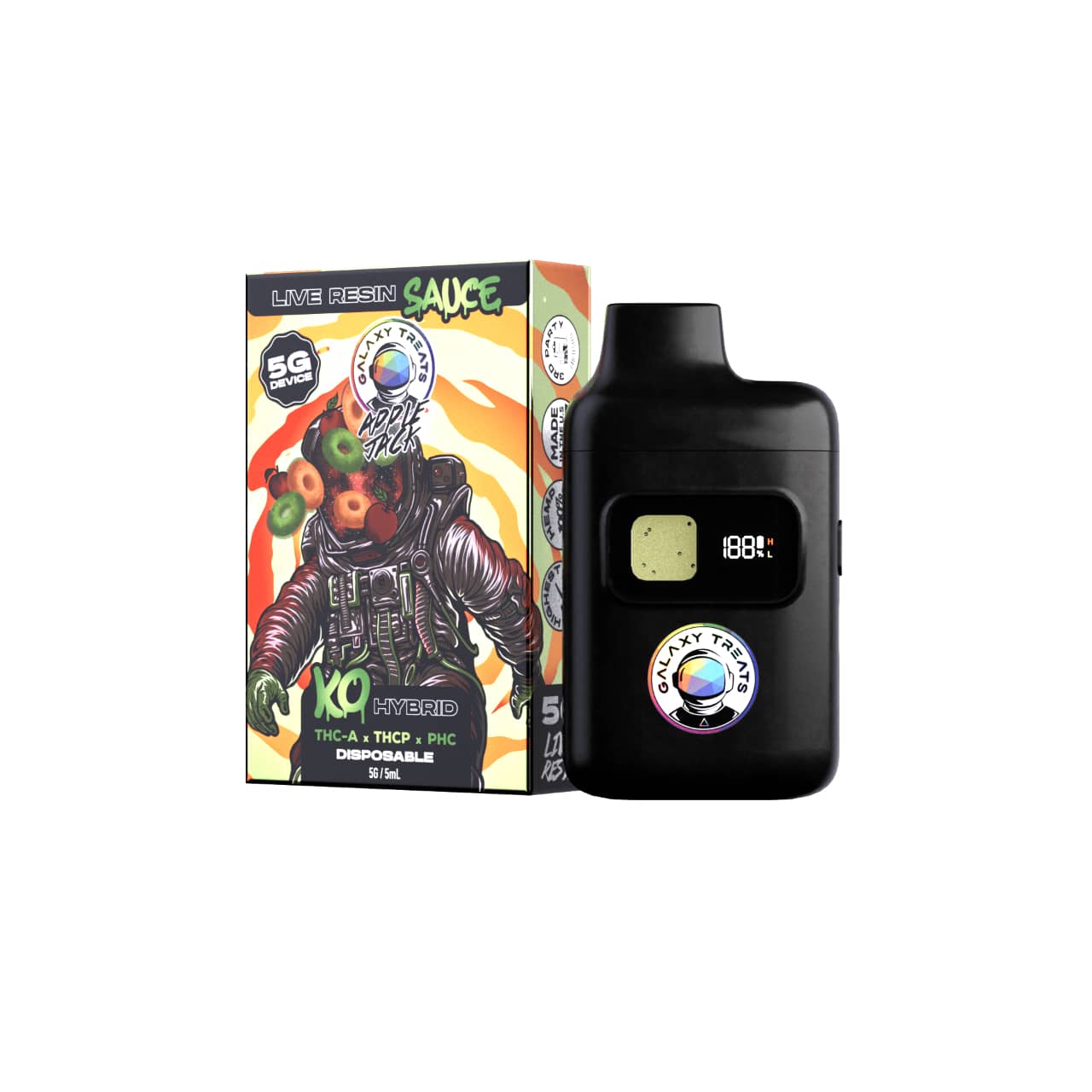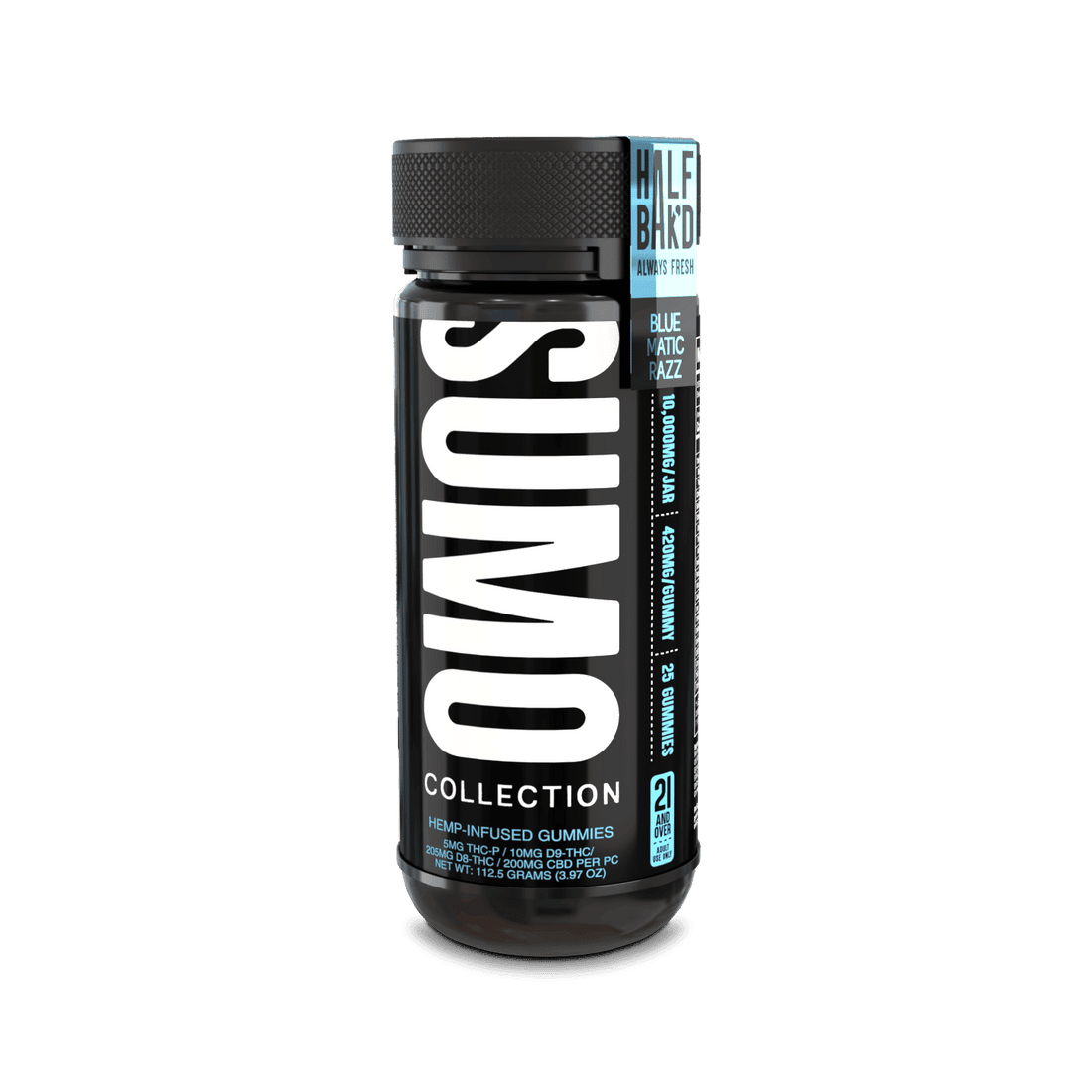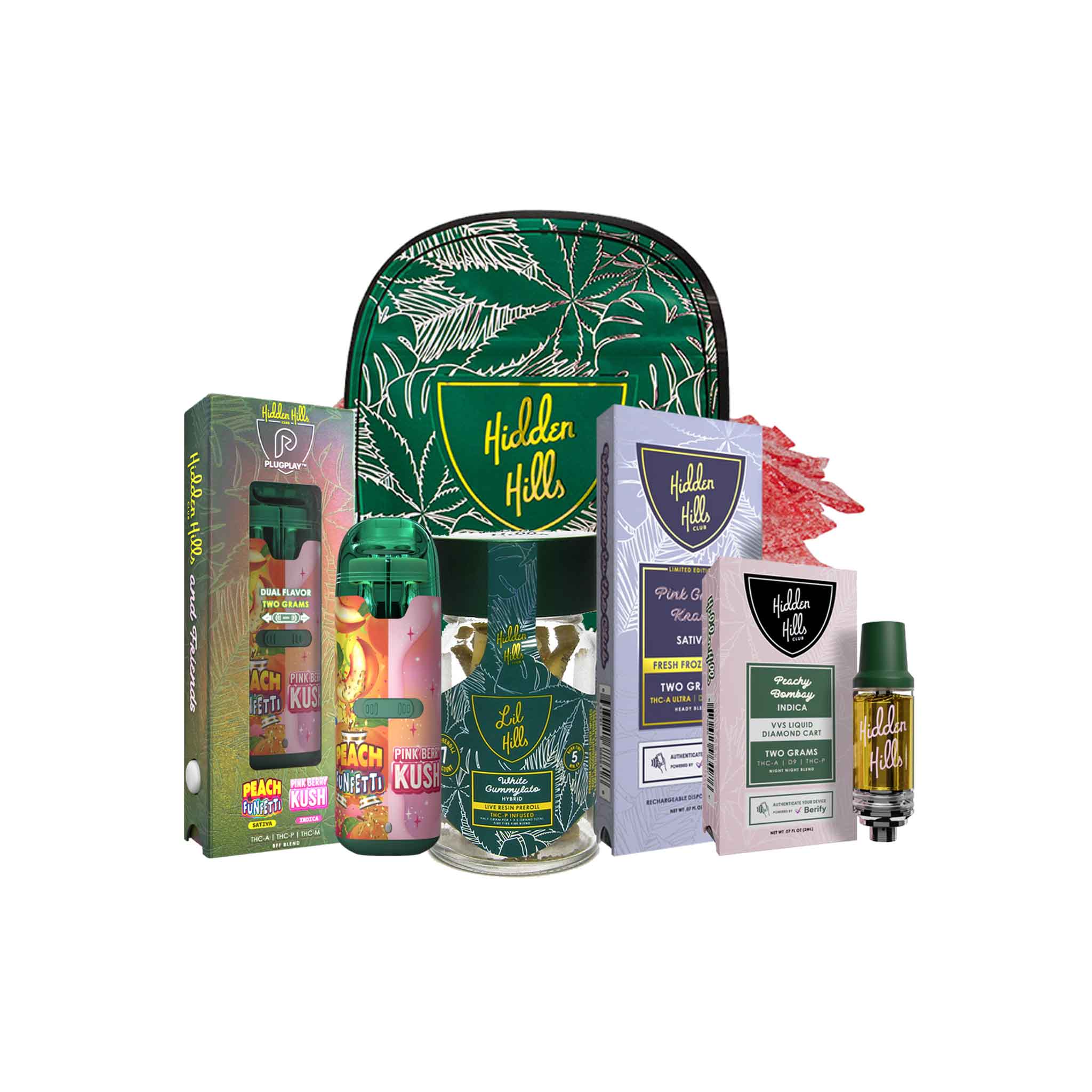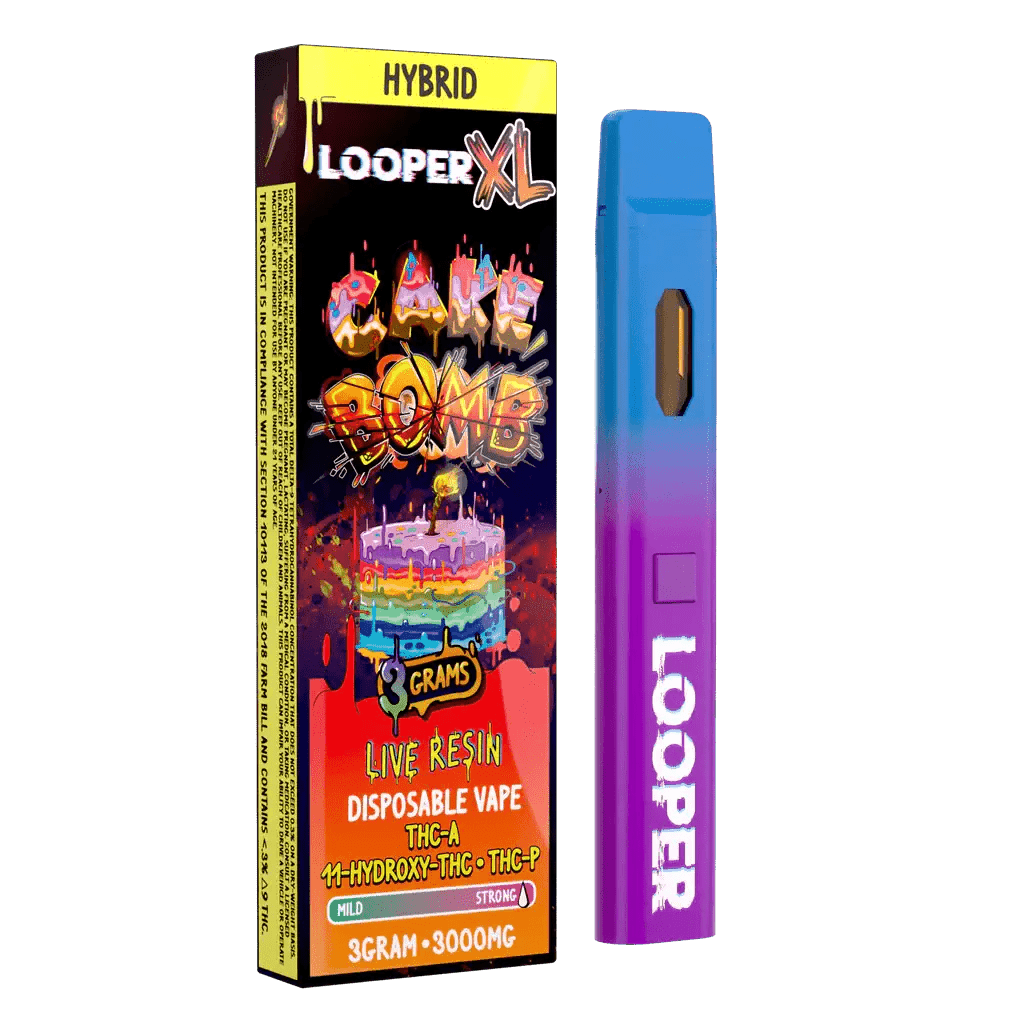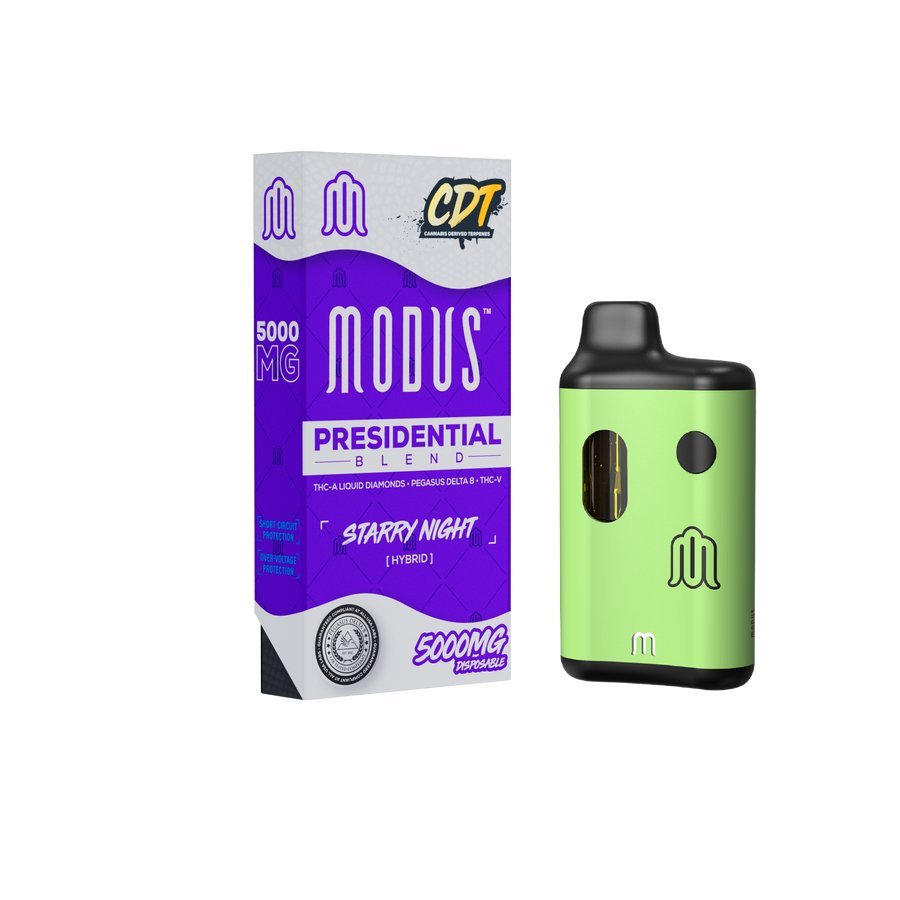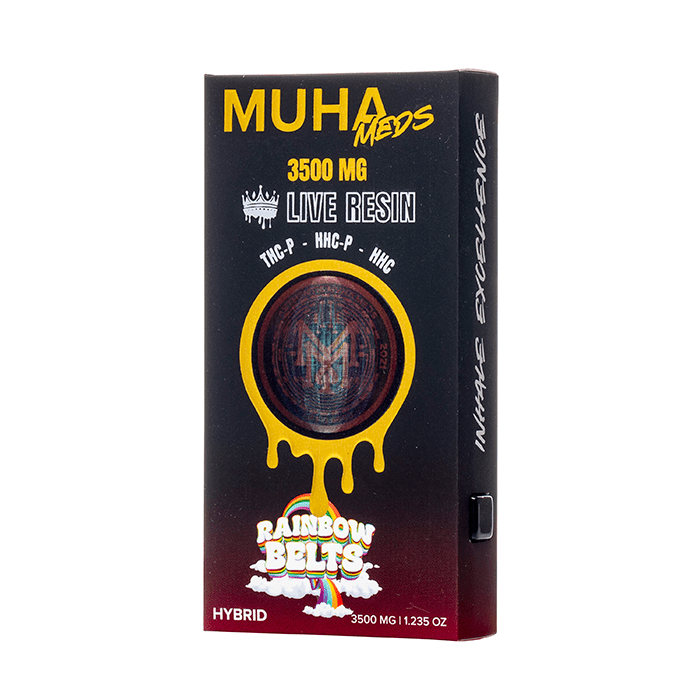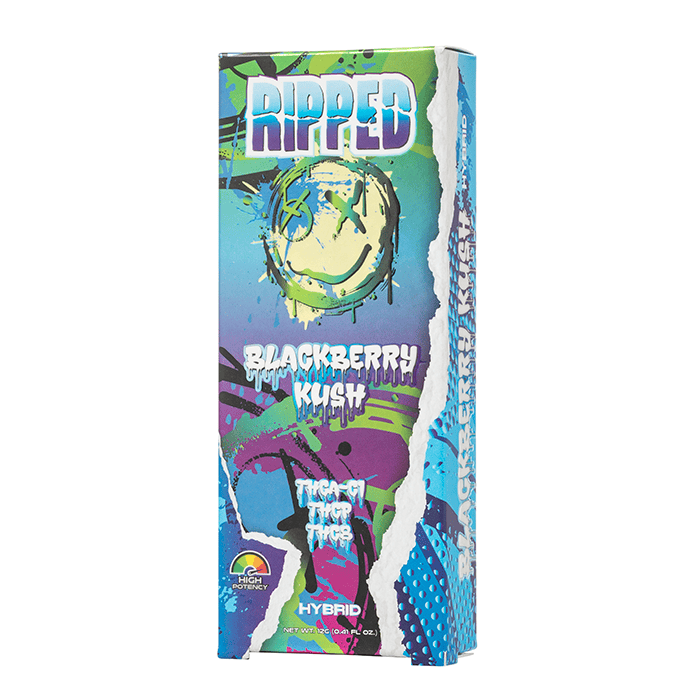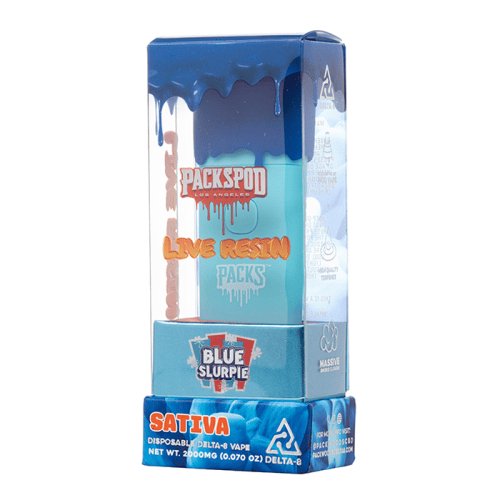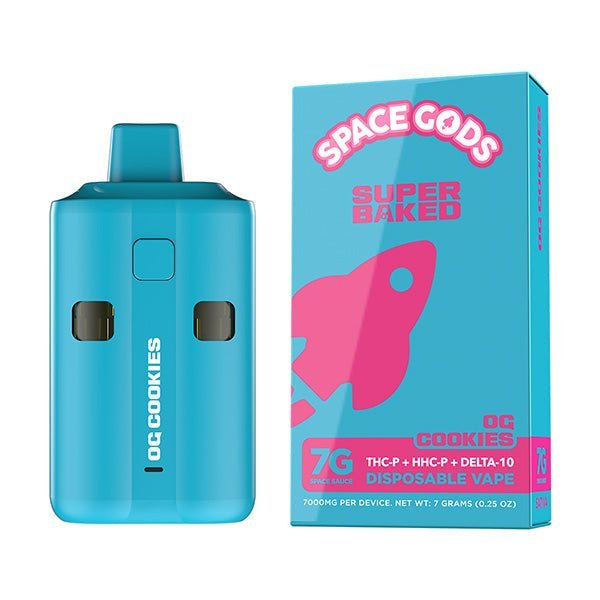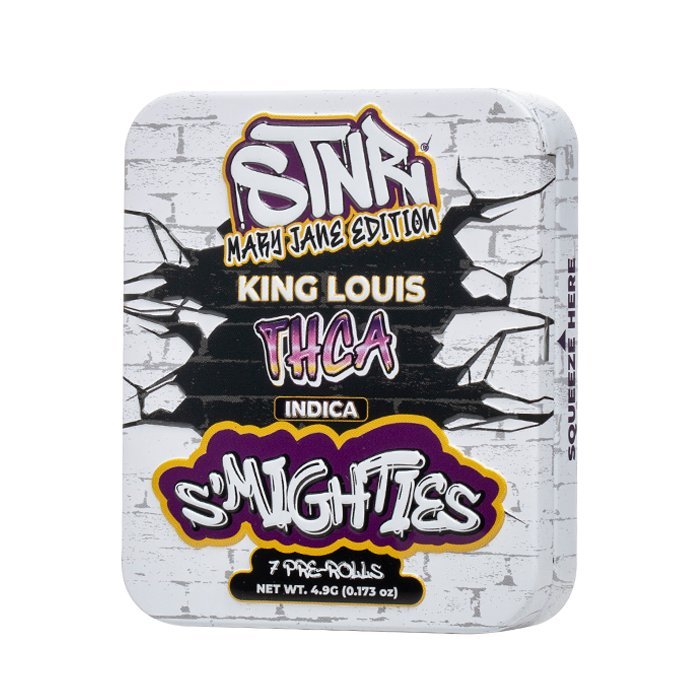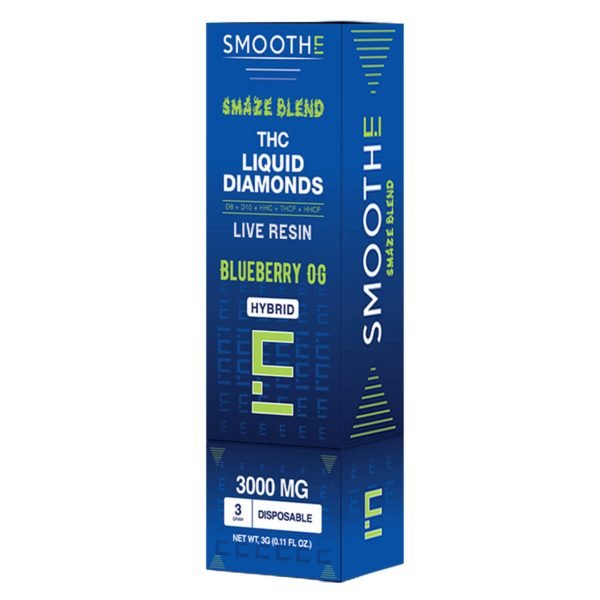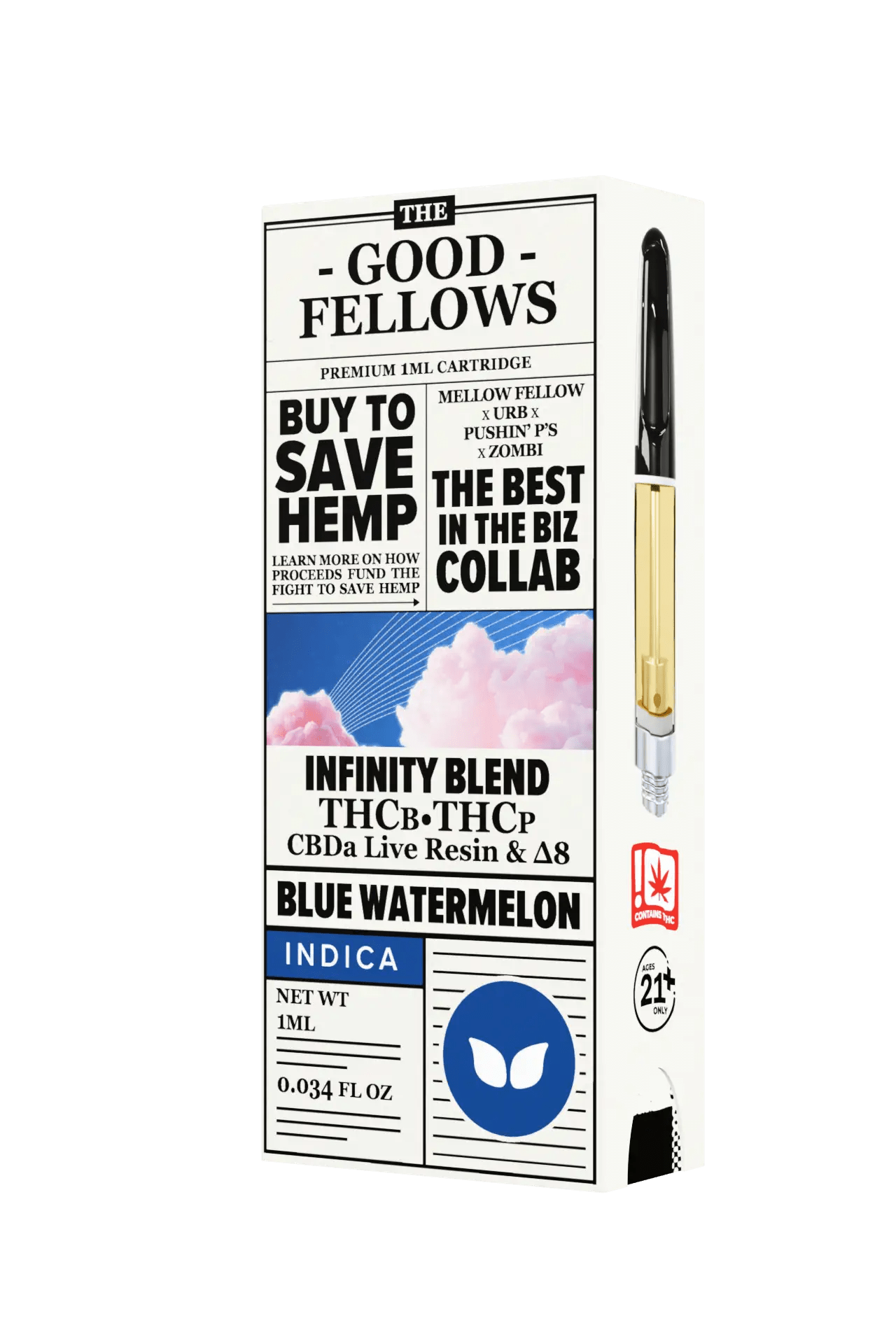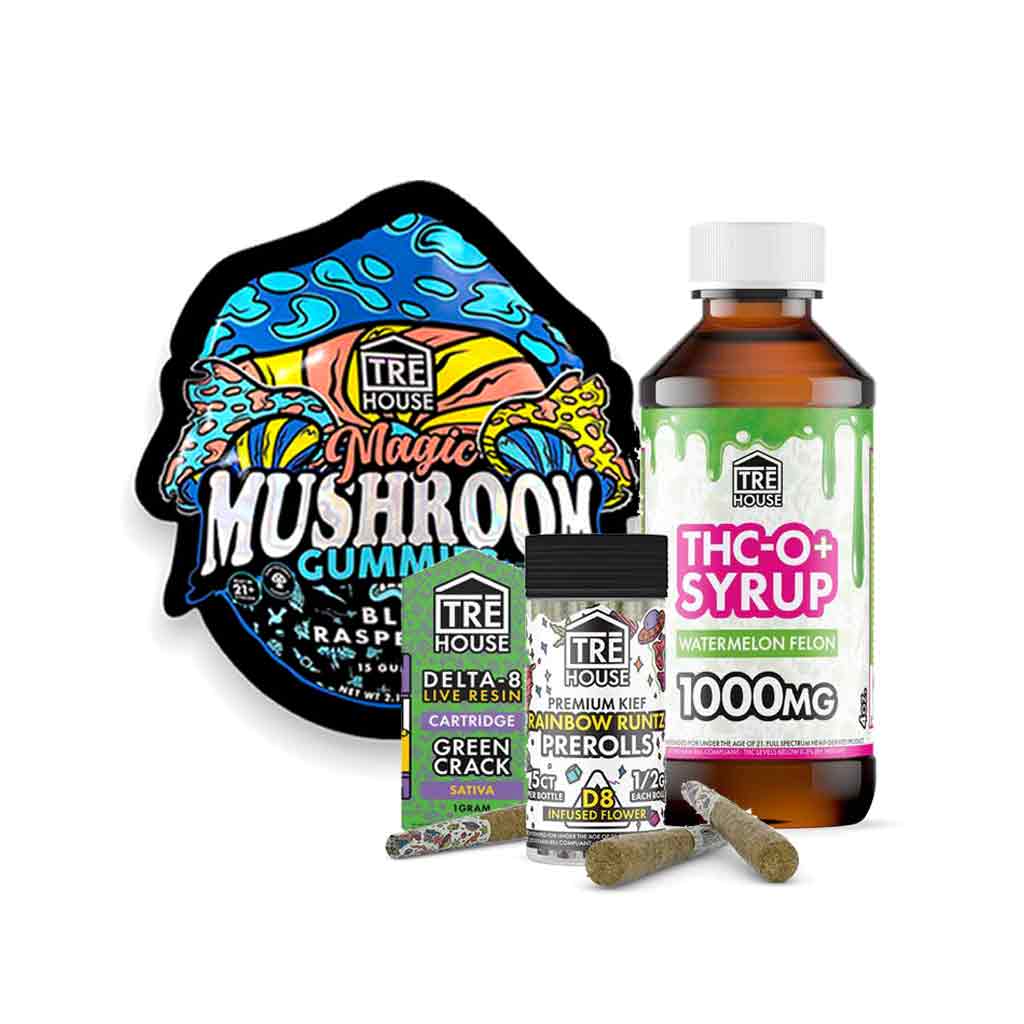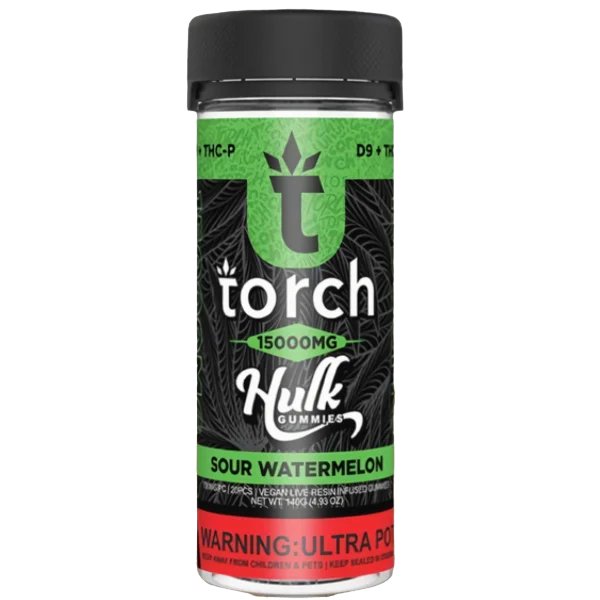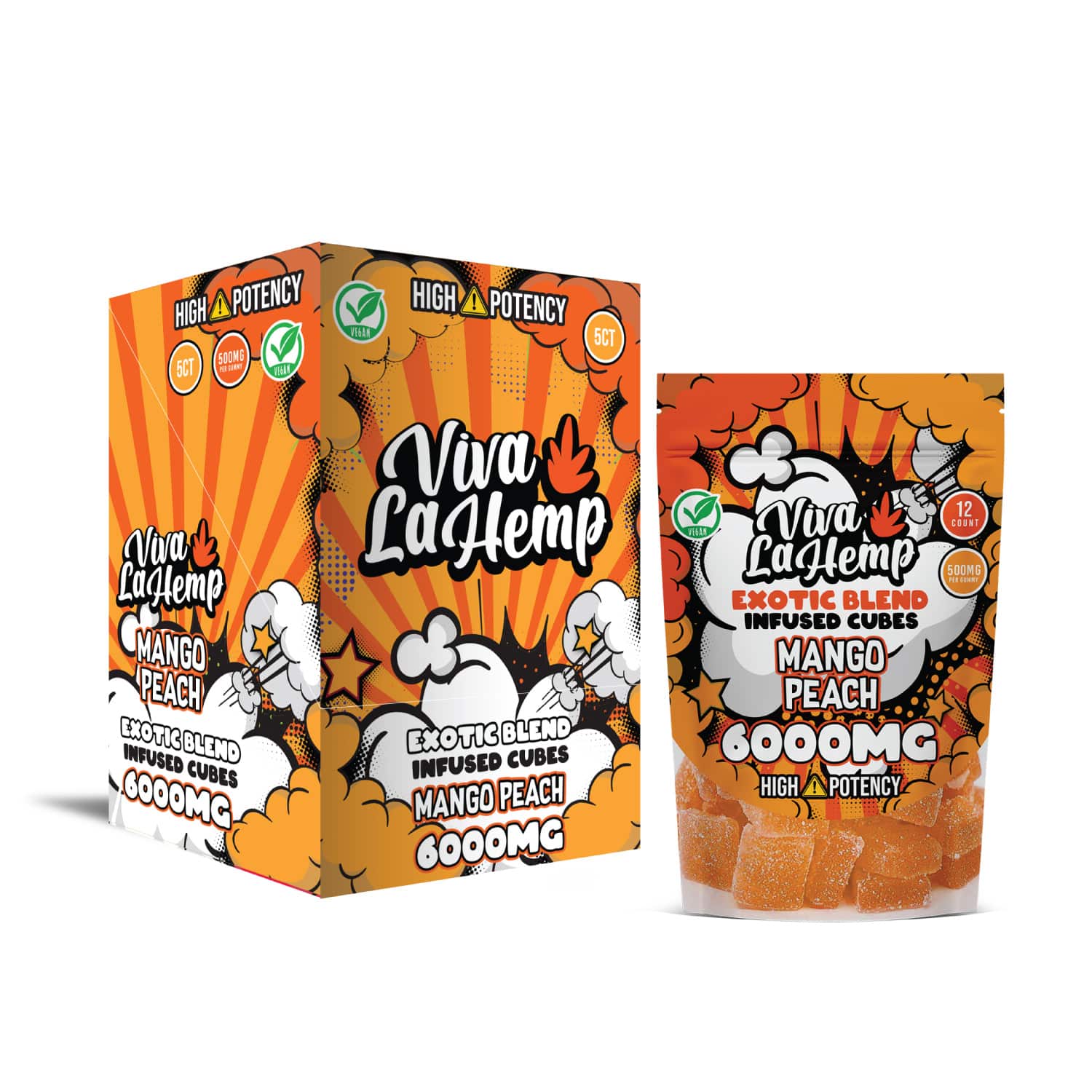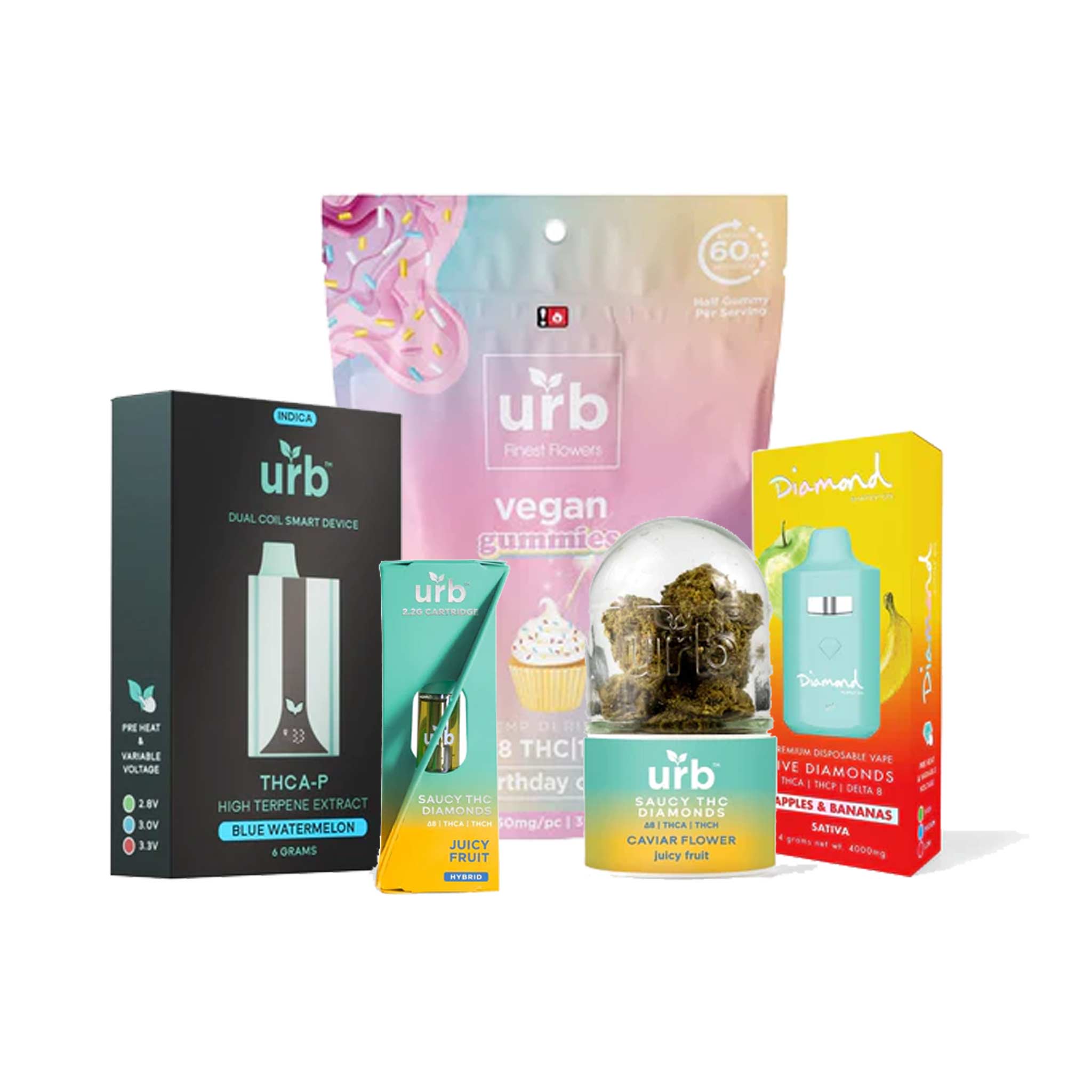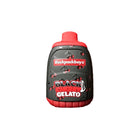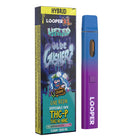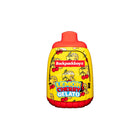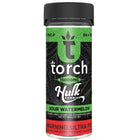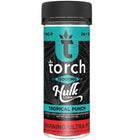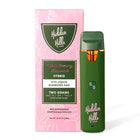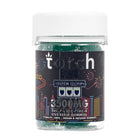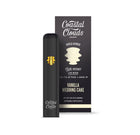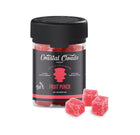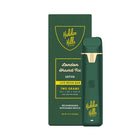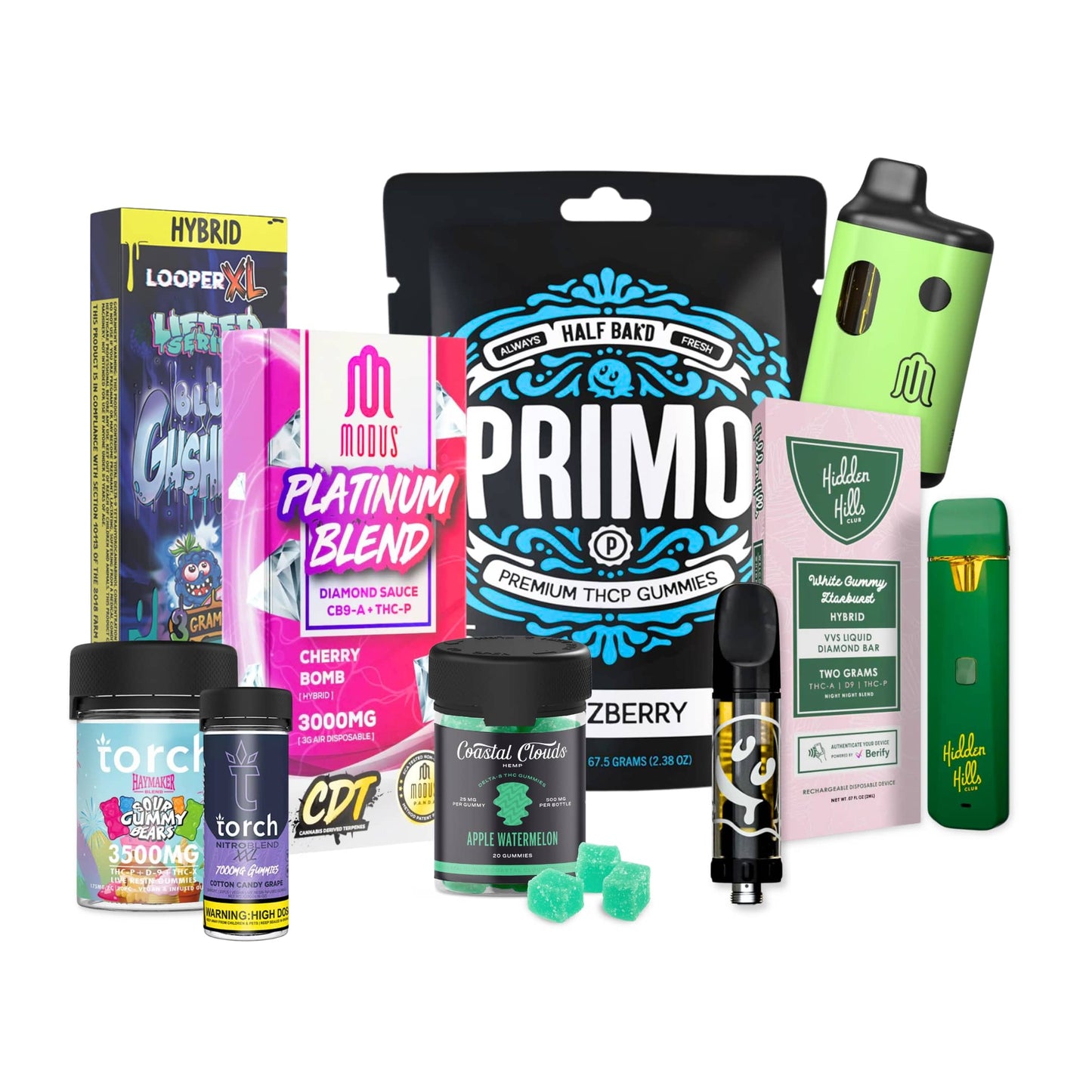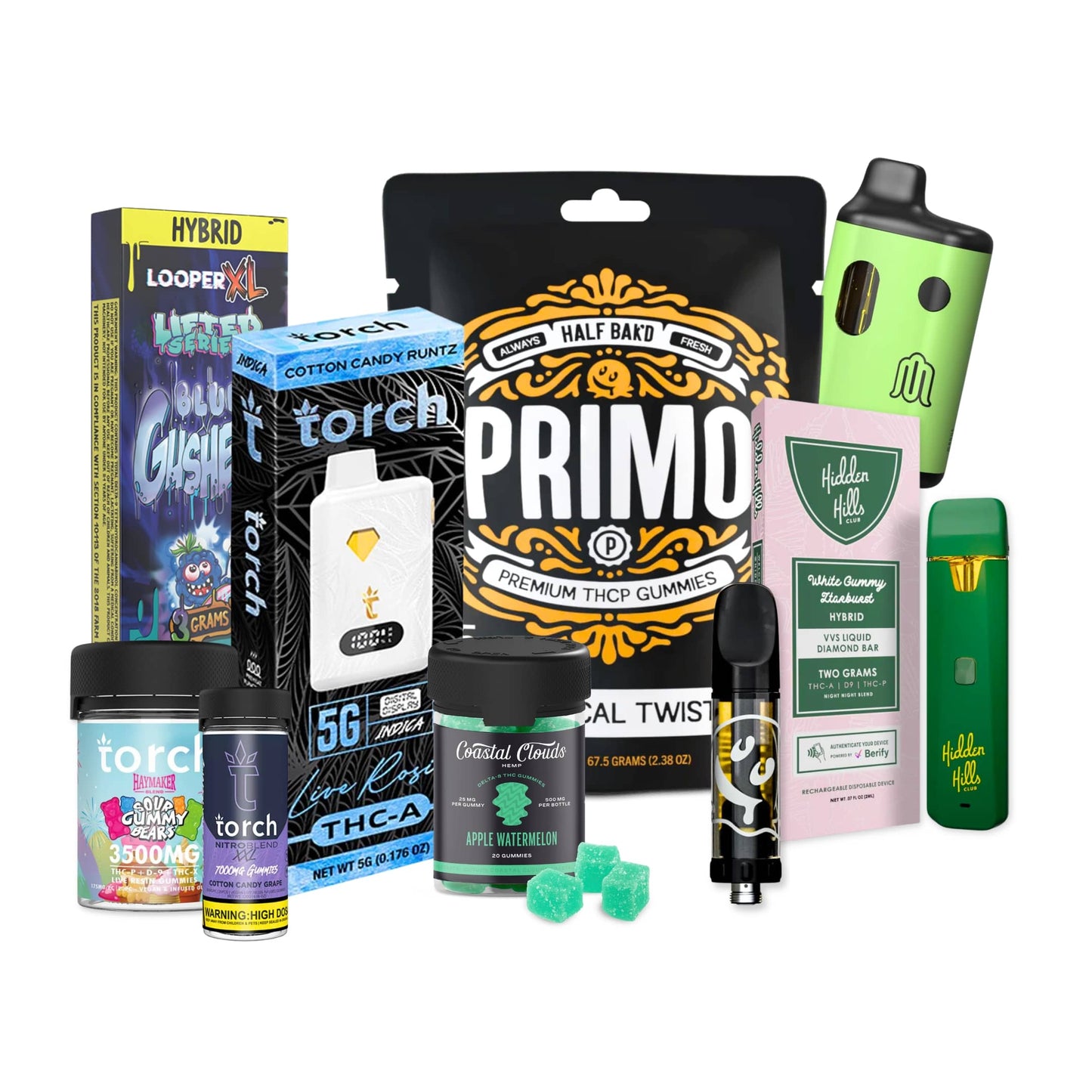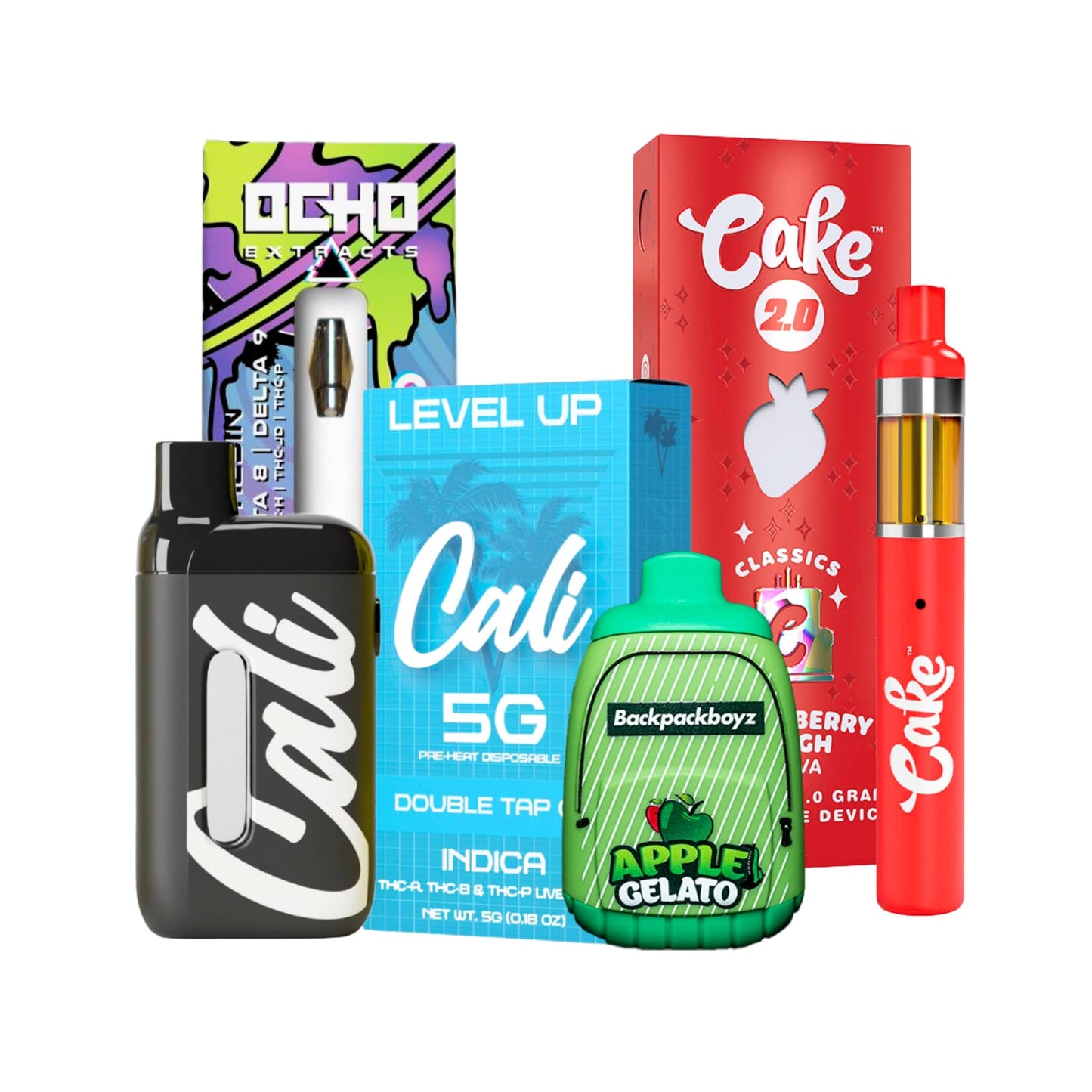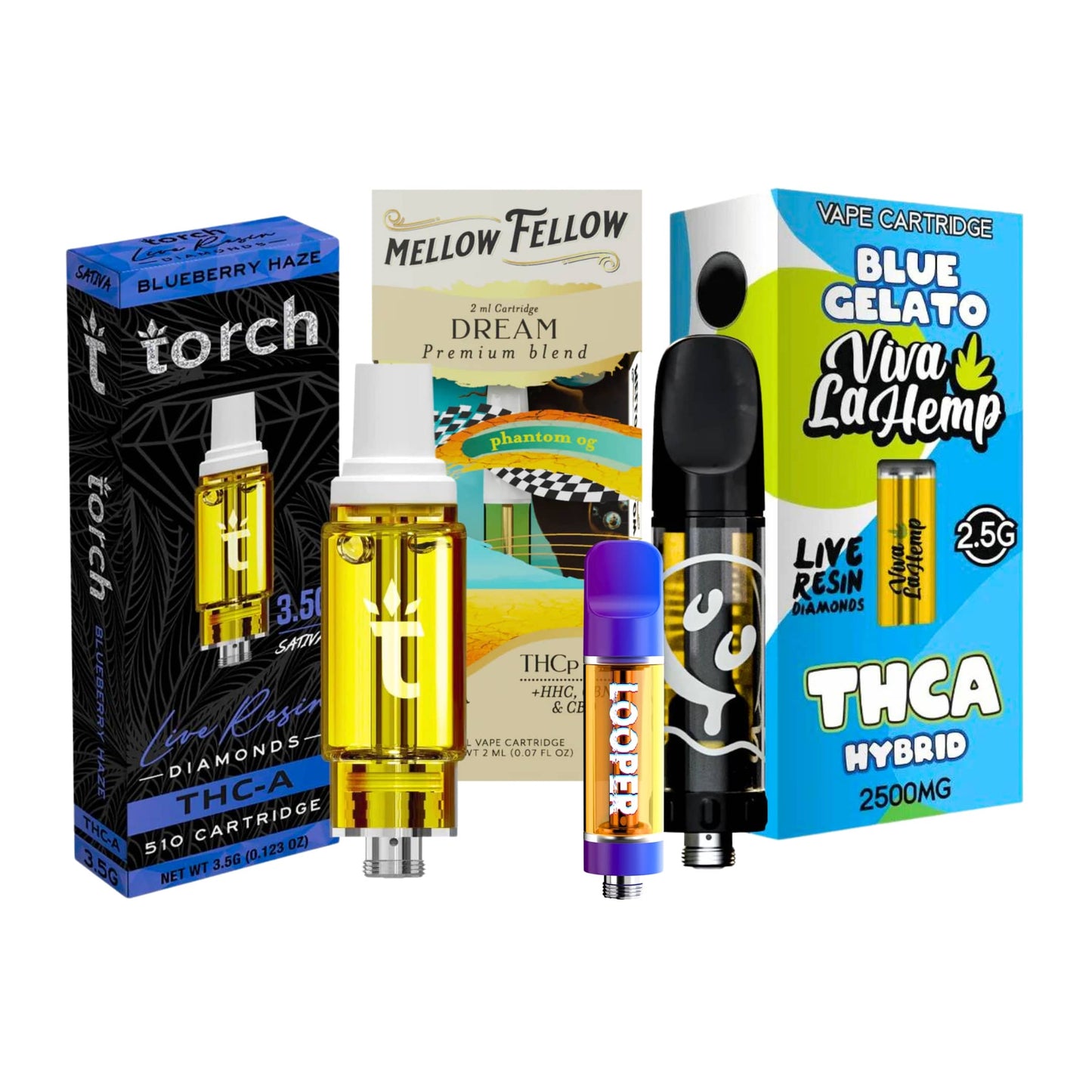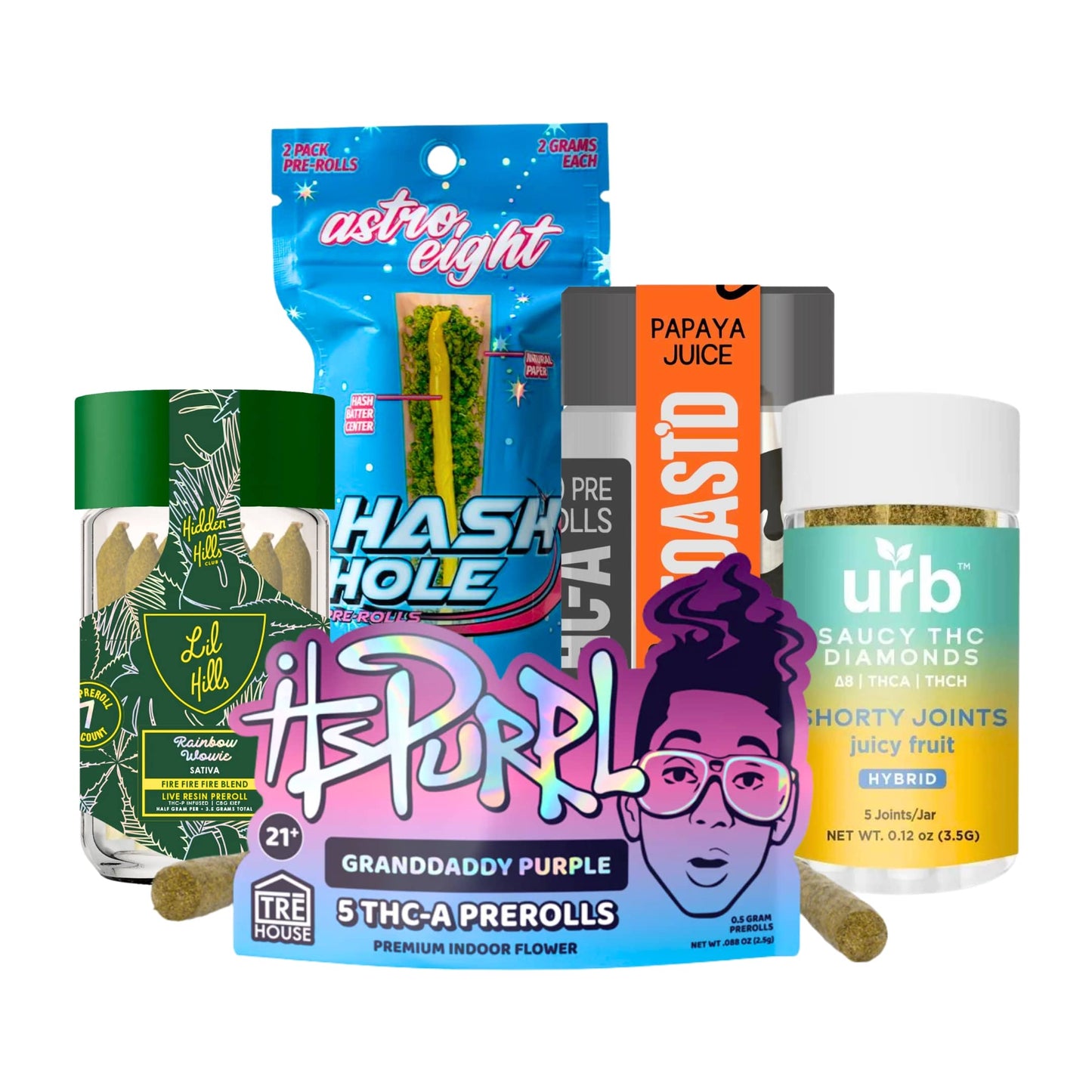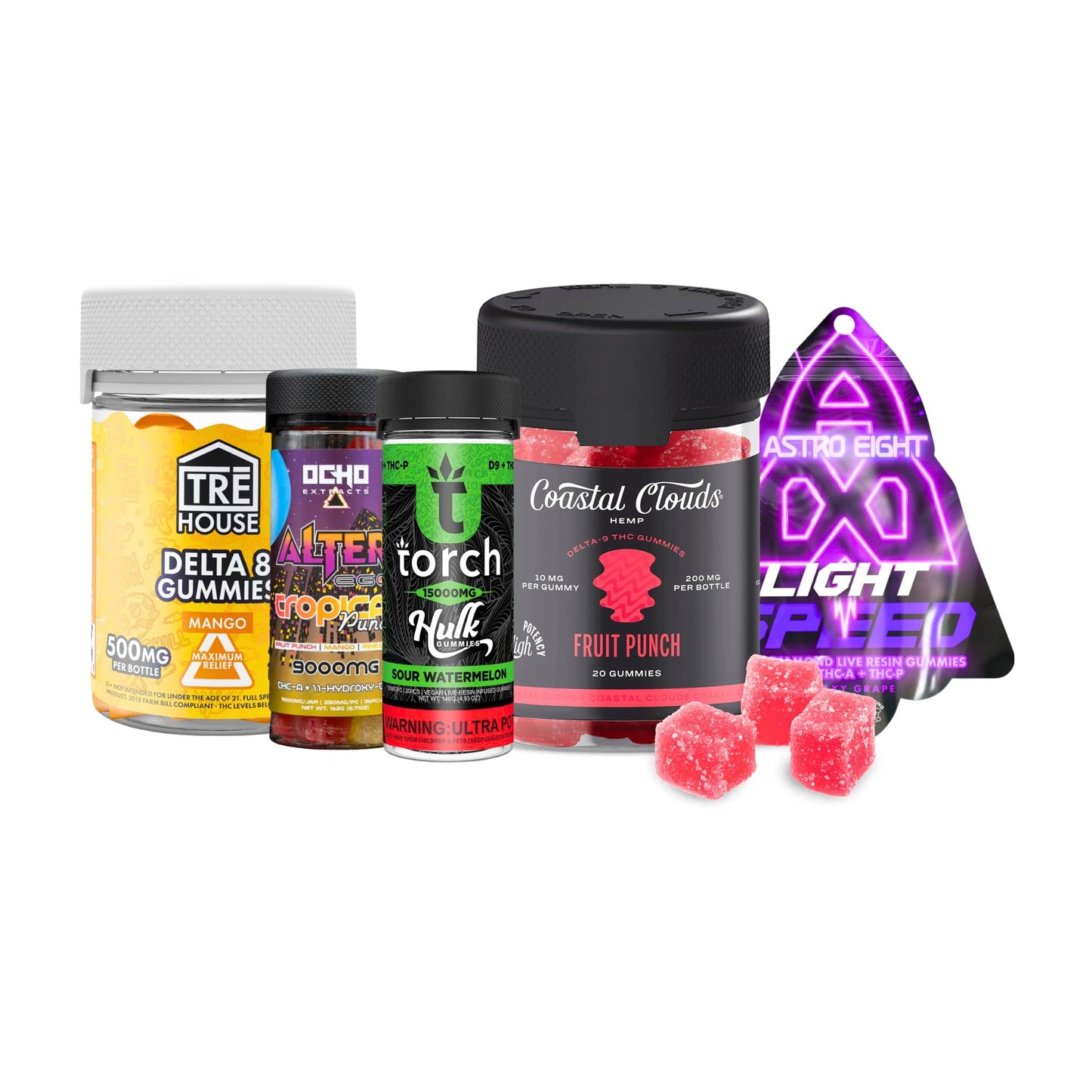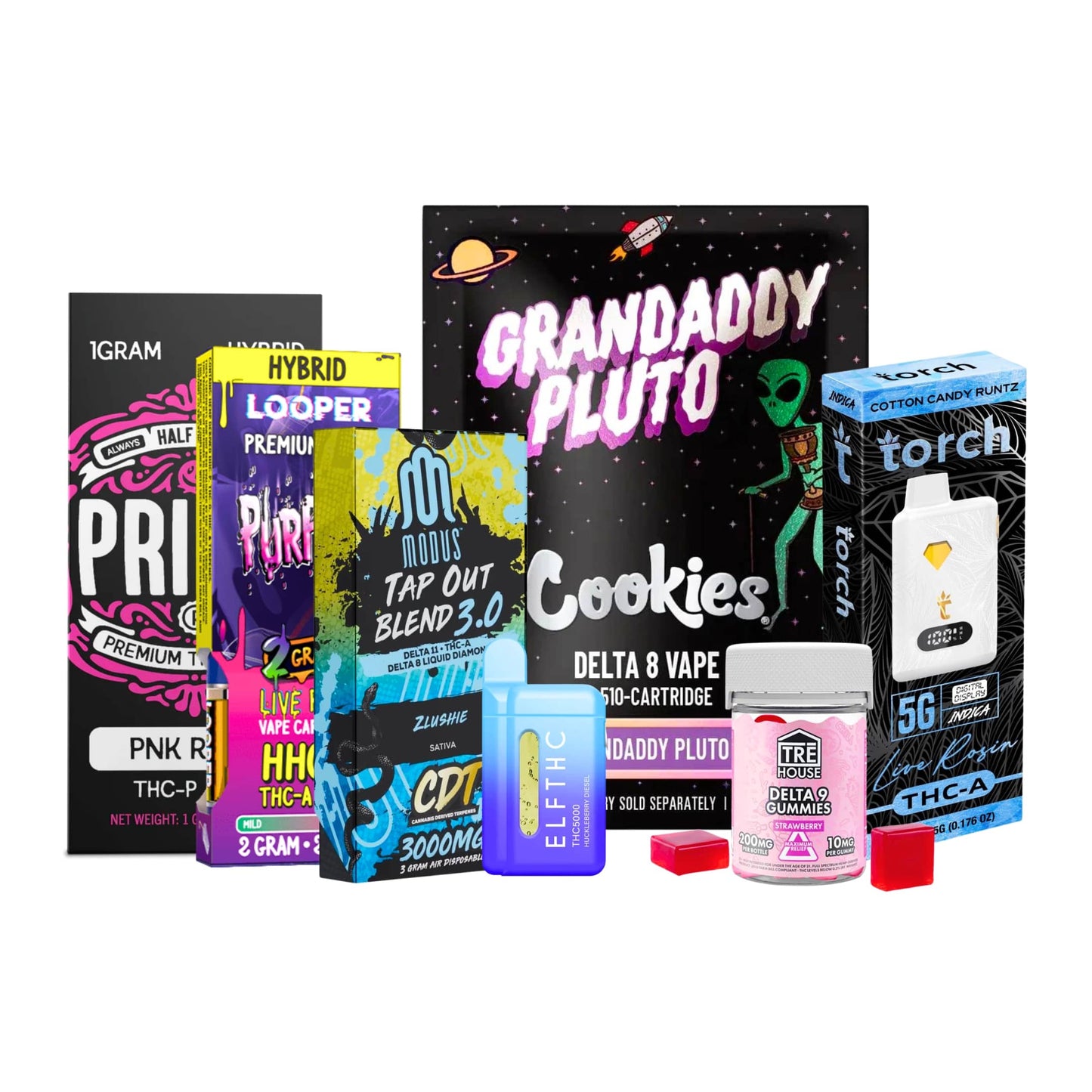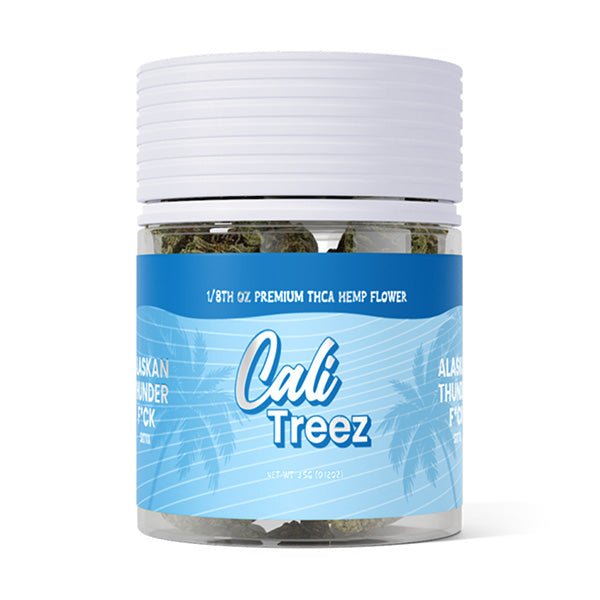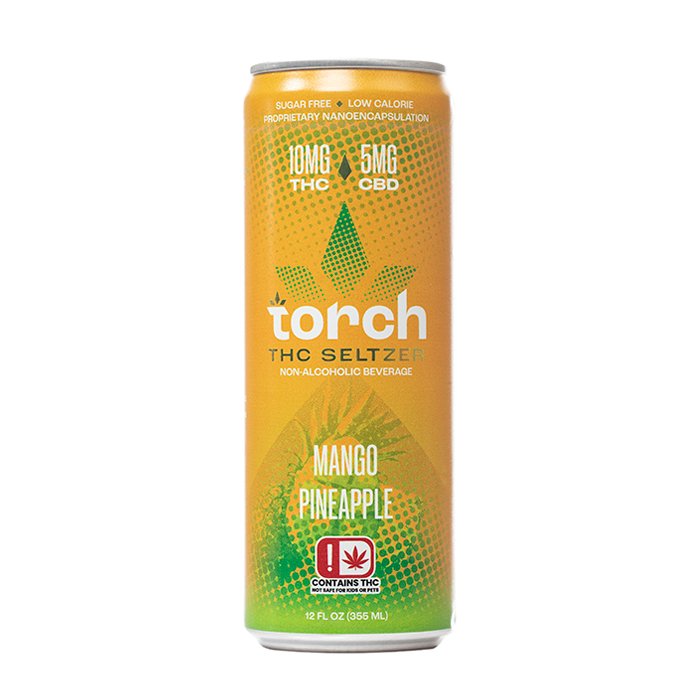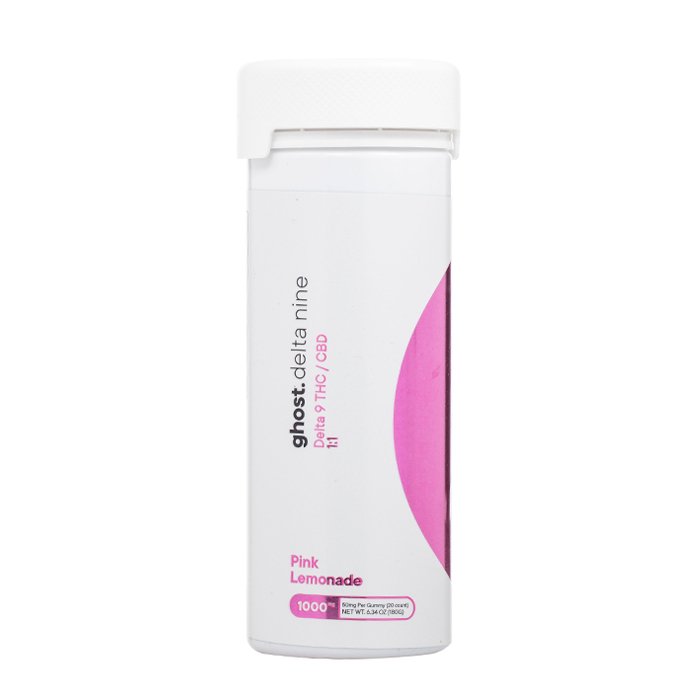Get a FREE Gummy or Vape
Sign up to get a FREE welcome vape or gummy on your first order when you buy 4 or more products.
As THC edibles become more popular, many consumers wonder: do THC gummies show up on drug tests? The short answer is yes—if a product contains psychoactive cannabinoids like Delta-9 or THC-P, it can be detected.
But how long they stay in your system, and whether you’ll test positive, depends on many factors like flavors, sizes, and types of THC gummies. This DeltaCloudz article explains how THC interacts with your body, the types of tests used, detection windows, and common questions.
===ARTICLE_CTA===
How THC Gummies Interact with Your Body
How Long THC Stays in the System
When you consume THC gummies, cannabinoids are processed through digestion and converted into 11-hydroxy-THC in the liver. This metabolite is more potent and lingers longer than smoked cannabis.
On average, THC can stay in the body for days or weeks, depending on frequency and dosage. This is why people often ask what are THC gummies before trying them, understanding the basics helps set expectations.
Factors That Affect THC Detection (Metabolism, Dosage, Frequency)
Detection depends heavily on individual differences. Fast metabolism may shorten detection windows, while higher body fat can store cannabinoids longer. Occasional users may clear THC in a few days, but daily consumers, especially those enjoying high-dose products like the Strawberry Torch Hulk Live Resin Gummies 15000mg, may test positive for weeks.
Types of Drug Tests That Detect THC Gummies
Urine, Saliva, Blood, and Hair Tests Explained
-
Urine tests remain the most widely used method for detecting THC because they’re cost-effective, non-invasive, and provide reliable results. They work by identifying THC metabolites (mainly THC-COOH) that the body produces after breaking down cannabinoids. For occasional consumers, these metabolites may clear in 3–5 days, while regular or heavy users can test positive for up to 30 days.
-
Saliva tests detect THC in oral fluids and are often used in roadside checks because they measure recent consumption. The detection period is much shorter, usually 24 to 72 hours, but results can vary depending on oral hygiene, hydration, and whether the person ate or drank after ingestion. Since gummies are metabolized differently than smoking, THC may appear in saliva more slowly but still be traceable soon after ingestion.
-
Blood tests are more invasive but useful in clinical or accident-related contexts because they detect active THC circulating in the bloodstream. Unlike urine tests that measure metabolites, blood tests indicate very recent use, typically within a few hours of consumption..
-
Hair tests provide the longest detection window, often up to 90 days, by identifying THC metabolites that become trapped in the hair shaft as it grows. While highly sensitive, they are less common due to cost and slower turnaround times.
Which Tests Are Most Common?
Employers and organizations usually rely on urine testing because it’s inexpensive and effective. Other methods are less common but may be used in specialized settings. Knowing this helps consumers plan accordingly, particularly if they use stronger formats like those featured in the most potent THC gummies.
How Long Do THC Gummies Show Up on Drug Test?
Detection Windows for Occasional vs Regular Users
Occasional users who enjoy a gummy once or twice a month may test negative after 3–5 days. Regular users, however, may remain positive for 2–4 weeks.
Heavy daily consumers can sometimes test positive even after 30 days. Since edibles are metabolized differently, their effects last longer, and so do their traces. That’s why storage and consumption habits, such as knowing if THC gummies go bad, are also tied to responsible use.
Delta 9 vs Delta 8 vs THC-P and Test Sensitivity
All major cannabinoids—Delta-9, Delta-8, and THC-P—can trigger a positive result because tests look for THC metabolites, not just one compound. Although Delta-8 may feel gentler, drug tests do not differentiate between it and Delta-9. Guidance from Delta 8 vs THC gummies explains why users often misjudge this distinction.
Do THC Gummies Show Up on Drug Test FAQs
Will One Gummy Make Me Fail a Drug Test?
It depends on the dosage and timing. A single low-dose gummy may leave the system in a few days for an occasional user. But even one edible with enough THC can result in a positive test within the detection window. For context, mid-range products like the Passion Fruit Margarita Gummies are more manageable than extremely high-potency options.
Are There THC-Free Gummies That Won’t Trigger a Test?
Yes. Some edibles are made with CBD only, containing no detectable THC. However, consumers should be cautious, many “CBD gummies” still contain trace THC, which could cause a positive result. Understanding the differences in CBD vs THC gummies is essential before relying on them for a clean test.
Do CBD Gummies with Trace THC Also Show Up?
Yes, even trace amounts of THC in CBD products may show up in sensitive tests. That’s why labeling and transparency matter.


